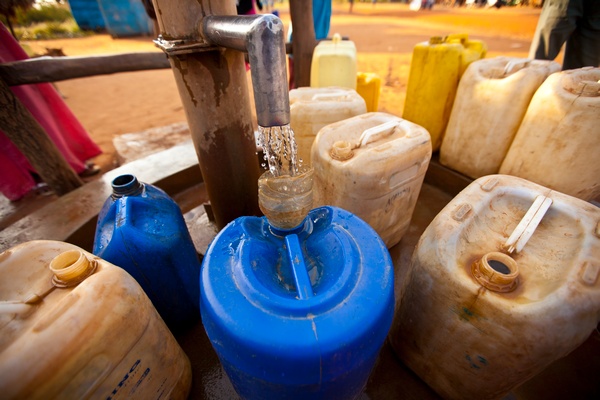Governments must renew efforts to increase domestic finances
With low average incomes, high poverty and a narrow tax base, many African countries have struggled to increase government revenues as a share of gross national income. That picture is starting to change.
Mineral exports are widening the revenue base, and Africa’s public finances are depending more and more on the private sector and less on international aid. But continued progress is critical if governments are to finance the social and economic infrastructure needed to create jobs, sustain growth and improve the quality and reach of basic services.
Governments must renew their efforts to mobilise more domestic resources by broadening tax coverage, tackling inappropriate tax exemptions and attracting foreign investment for labour-intensive activities. They also need to ensure that all financial transactions that involve commitments by the state are published, centrally approved, and managed prudently.
While greater self-reliance in Africa is highly welcome, it is regrettable that many donors have failed to deliver what they promised – especially at a time when it seems evident that the potential for aid to be used effectively in Africa is particularly high. Many African countries will continue to need external assistance for some years. Their partners in developed countries should renew their promise to help Africa achieve the Millennium Development Goals.
As we showed in the 2013 Africa Progress Report, African countries also need international help to retain revenue that rightfully belongs to their citizens. The G8 should establish the architecture for a multilateral regime that tackles unethical tax avoidance and closes down tax evasion. Companies registered in G8 countries should be required to publish a full list of their subsidiaries and information on global revenues, profits and taxes paid across different jurisdictions. Tax authorities, including in Africa, should exchange information more systematically.

